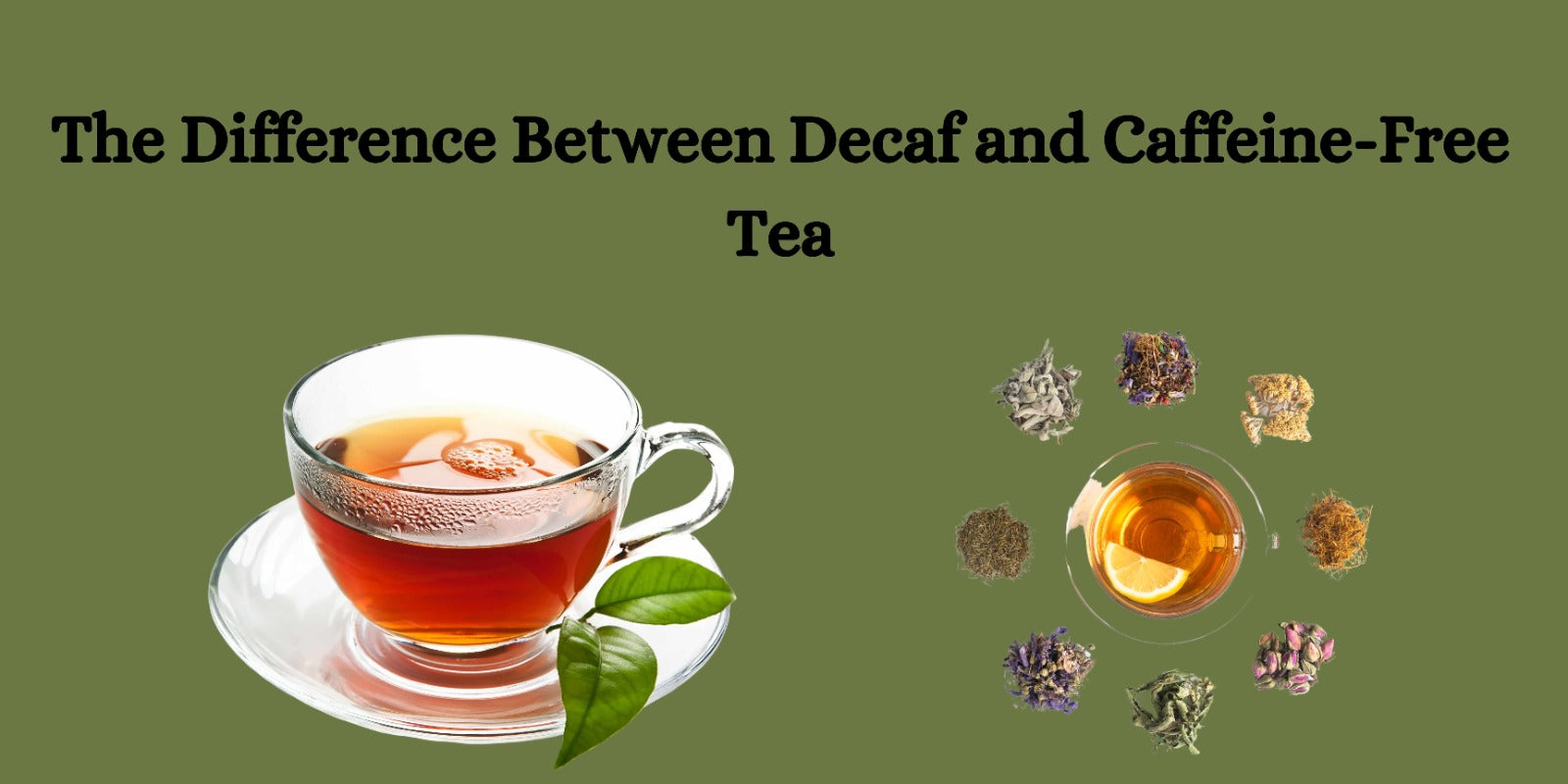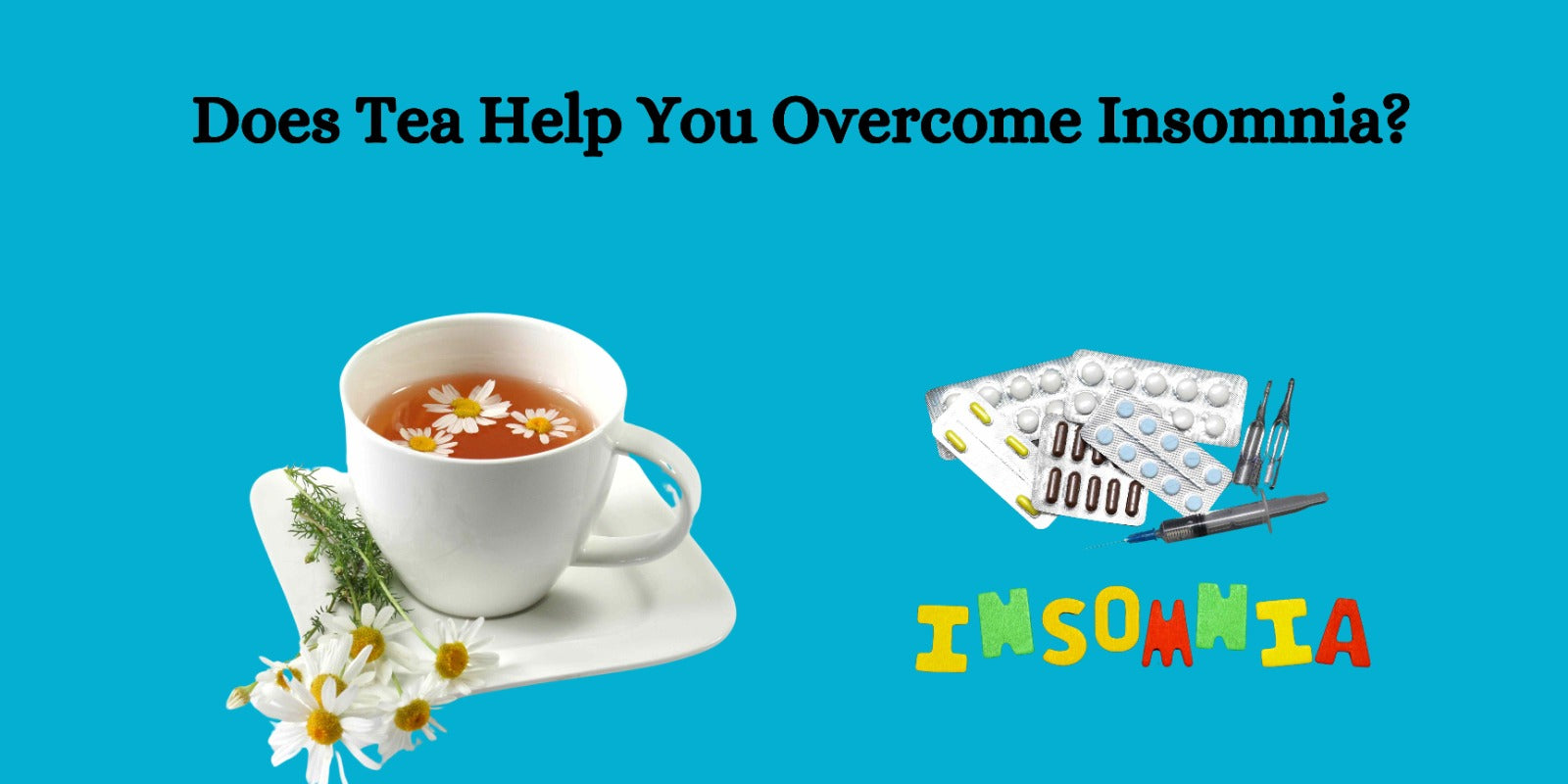Can adding sugar to herbal tea reduce its nutritional value?
Herbal tea is often enjoyed for its soothing properties and health benefits. Made from herbs, flowers, and plants, herbal teas offer a range of natural remedies for relaxation, digestion, and overall wellness. While many people enjoy the sweetness of sugar in their tea, it's important to consider its potential impact on health benefits. Let’s explore how sugar affects the health properties of herbal tea and whether it’s a good idea to sweeten your cup.
1. The Health Benefits of Herbal Tea
Herbal teas are caffeine-free and come with a variety of health benefits depending on the ingredients. For example:
- Chamomile tea before bed to promote relaxation, reduce anxiety, and improve sleep quality.
- Peppermint tea, a natural remedy for digestive discomfort and nausea, offers a calming and refreshing taste.
- Ginger tea helps with digestion, nausea, and inflammation.
- Rooibos tea is rich in antioxidants, which can help boost immunity and reduce inflammation.
The benefits of herbal teas come from the natural compounds found in the herbs and flowers, like antioxidants, vitamins, and minerals. These compounds can positively impact health by reducing inflammation, supporting digestion, and helping manage stress.
2. How Sugar Impacts Health
Sugar, on the other hand, has the opposite reputation when it comes to health. Consuming too much sugar can have negative consequences for your health which includes:
- Weight gain
- Increased risk of heart disease
- Blood sugar spikes
- Dental problems
While small amounts of sugar may not significantly harm your health, regularly consuming too much can reduce the overall health benefits of your diet, including your tea. When you add sugar to your herbal tea, you are not directly altering the tea's beneficial compounds, but you are increasing the calorie and sugar content, which can impact your health in the long run.
3. Does Sugar Lessen the Benefits of Herbal Tea?
Technically, adding sugar does not take away the natural benefits of the herbs in the tea. The antioxidants, vitamins, and minerals are still present, and the tea will still have its calming or healing effects. However, adding sugar can create a few indirect issues:
- Increased Calorie Intake: Adding sugar to your tea increases your calorie intake, which can lead to weight gain if consumed frequently. While herbal tea on its own is a low-calorie beverage, adding sugar changes that, making it less ideal for people looking to manage their weight.
- Blood Sugar Spikes: Herbal teas are often consumed for their ability to relax and calm the body. However, adding sugar can cause a spike in your blood sugar levels, which may lead to energy crashes or irritability—effects that go against the calming properties of the tea.
- Compromising Health Goals: If you’re drinking herbal tea for its digestive or anti-inflammatory benefits, adding sugar could counteract some of those advantages. For example, sugar can contribute to inflammation in the body, which goes against the purpose of drinking anti-inflammatory teas like ginger or turmeric tea.
4. Healthier Sweetening Options
If you find the taste of herbal tea too bland or bitter without sweetening it, there are healthier alternatives to sugar that can maintain the tea's health benefits while satisfying your sweet tooth. Here are some options:
- Honey: A natural sweetener with antibacterial properties, honey can boost the health benefits of tea while adding sweetness. However, honey still contains sugar, so use it in moderation.
- Stevia: A plant-based sweetener that doesn’t raise blood sugar levels, stevia is a popular choice for those looking to avoid sugar but still enjoy a sweetened cup of tea.
- Cinnamon: Adding a dash of cinnamon to your tea can enhance the flavor while providing additional health benefits, such as regulating blood sugar and reducing inflammation.
- Fruit Infusion: Adding fresh fruit, like lemon slices or berries, can naturally sweeten your tea without the need for added sugar. This method also adds extra vitamins and antioxidants to your tea.
5. Enjoying Tea Without Sugar
Many people grow accustomed to drinking tea with sugar, but it’s possible to develop a taste for herbal tea in its natural form. Start by reducing the amount of sugar you add gradually, allowing your taste buds to adjust to the tea’s natural flavors. Over time, you may find that you enjoy the subtle sweetness and unique flavors of herbal tea without the need for added sugar.
Conclusion
In summary, adding sugar to herbal tea doesn’t directly lessen its health benefits, but it can lead to other health issues like increased calorie intake, blood sugar spikes, and inflammation. If you’re drinking herbal tea for its wellness benefits, it’s best to keep added sugars to a minimum. Consider natural sweeteners like honey or stevia, or learn to enjoy the pure, natural flavors of herbal tea on their own. Your body—and your health—will thank you!




